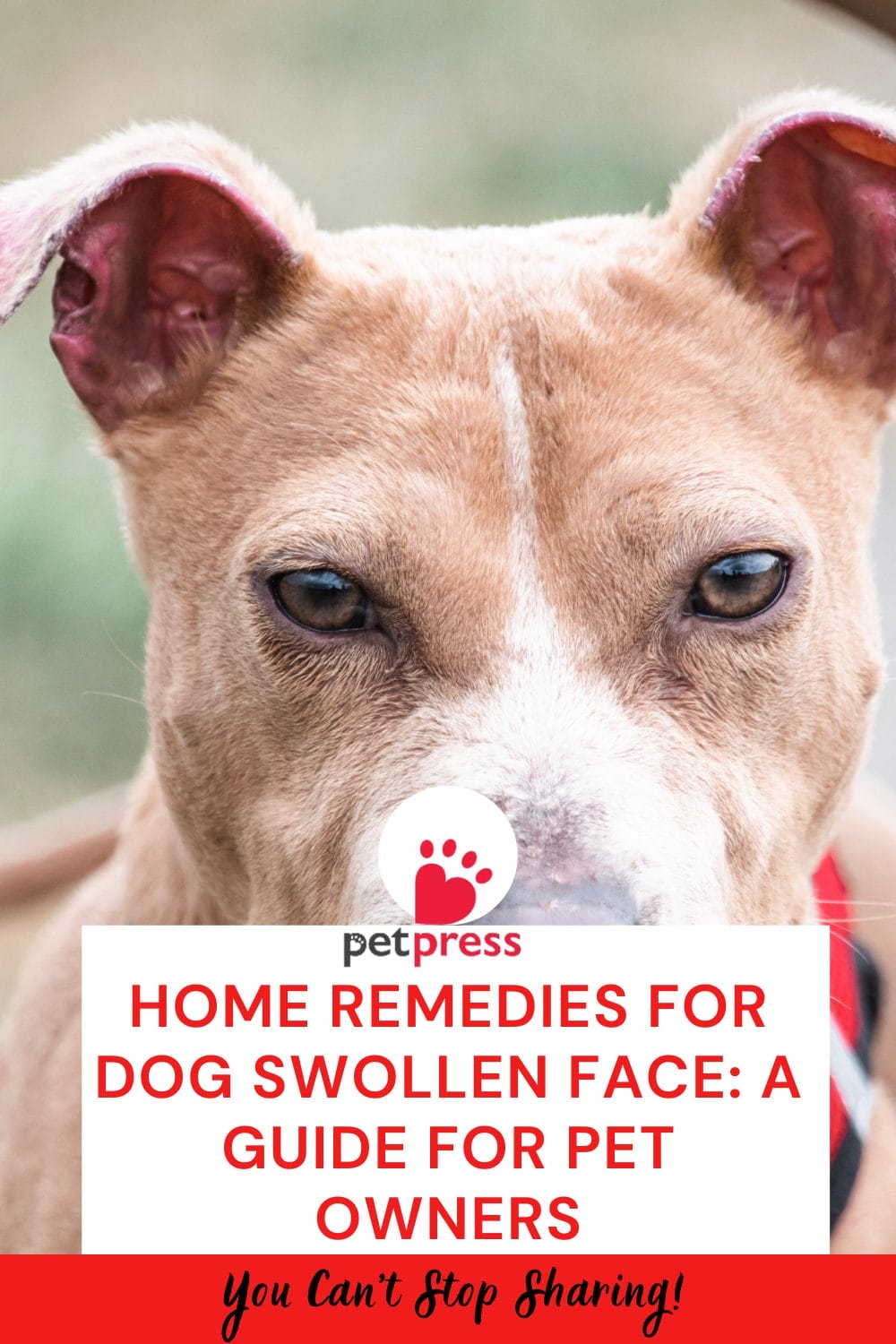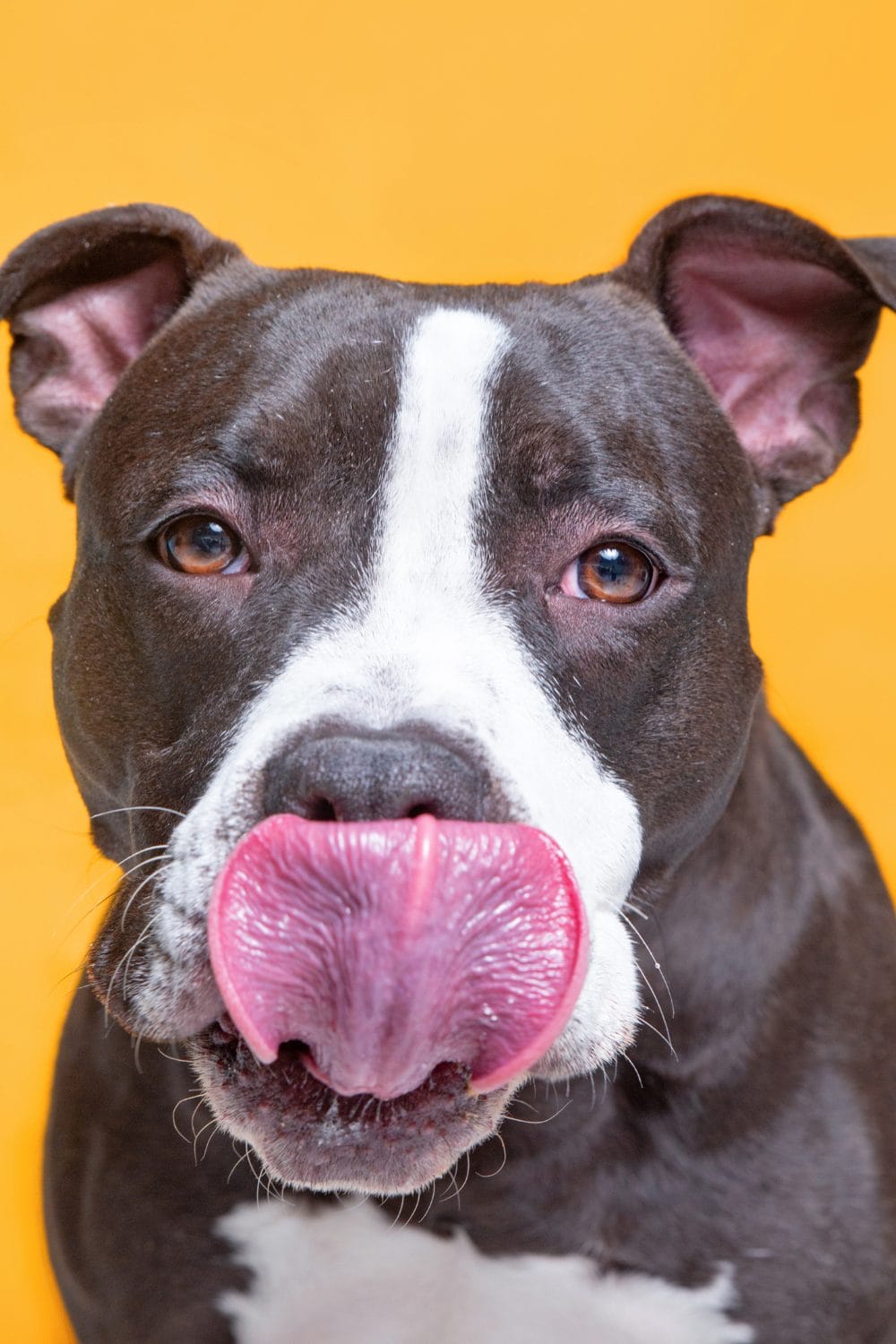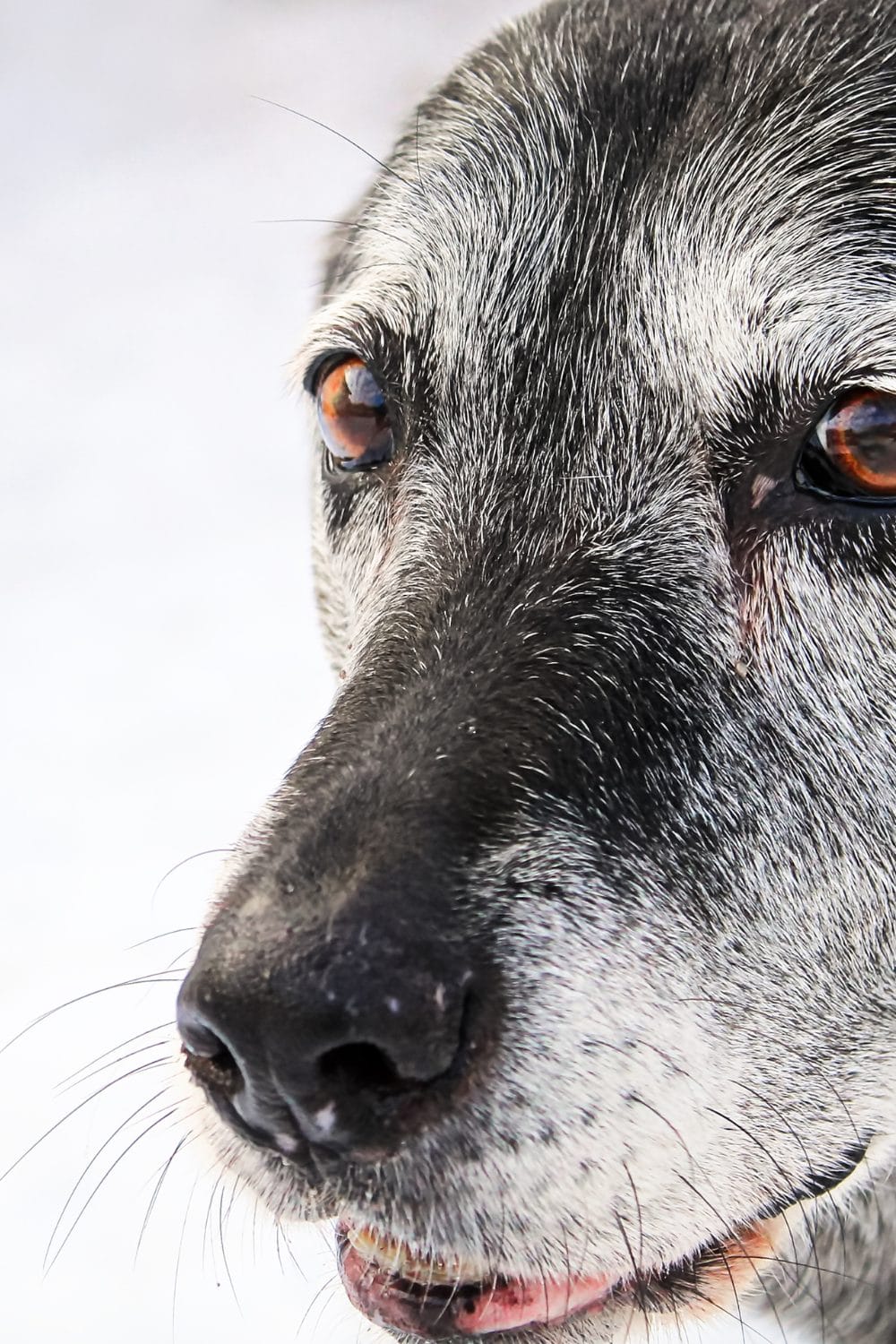
If you notice your dog’s face suddenly swelling, it’s natural to feel alarmed and find Home Remedies for Dog Swollen Face.
Facial swelling in dogs can be caused by anything from allergic reactions and infections to trauma or dental issues.
While certain cases require veterinary attention, some mild cases of facial swelling can be managed at home.
In this guide, we’ll explore common causes, signs, and home remedies for dealing with a swollen face in dogs.
We’ll also cover precautions to ensure your pet’s safety and provide insights on when it’s essential to seek veterinary care.
Signs of a Swollen Face in Dogs
Recognizing the signs of facial swelling in your dog can help you assess the severity of the situation and take timely action. Here are some common symptoms and Home Remedies for Dog Swollen Face to look out for:
- Visible Puffiness: The most obvious sign is noticeable puffiness around the eyes, muzzle, cheeks, or mouth.
- Redness or Warmth: Swelling accompanied by redness or warmth could indicate an infection or allergic reaction.
- Scratching or Pawing: If your dog is frequently pawing at their face, it might be because the area feels itchy or uncomfortable.
- Drooling or Difficulty Eating: Swelling around the mouth can lead to excessive drooling or reluctance to eat.
- Eye Discharge or Red Eyes: In some cases, facial swelling may cause the eyes to appear red, watery, or irritated.
Identifying these signs early can help you take the right measures to reduce swelling and manage your dog’s discomfort effectively.
Reasons for Dog Facial Swelling

There are several potential causes for facial swelling in dogs, including:
- Allergic Reactions: The most common cause of facial swelling, often triggered by allergens such as insect stings, plants, foods, or medications.
- Infections: Bacterial or fungal infections can lead to inflammation and swelling, particularly around the eyes or gums.
- Dental Issues: Abscesses or infections in the teeth or gums can cause swelling around the jaw and cheeks.
- Trauma or Injury: Bumps, falls, or accidents that impact the face can result in bruising and swelling.
- Tumors or Growths: In rare cases, tumors or cysts can cause facial swelling. If swelling persists, it’s essential to consult a veterinarian.
Understanding the underlying cause is crucial for choosing the appropriate home remedy or determining if a vet visit is necessary.
Home Remedies for Dog Swollen Face
While some cases of facial swelling may resolve on their own, others may benefit from at-home care. Here are some home remedies that can help reduce facial swelling in dogs:
Cold Compress
Apply a cold compress or an ice pack wrapped in a cloth to the swollen area for 5–10 minutes. This helps reduce inflammation and can relieve pain.
Ensure you don’t press too hard and monitor your dog’s comfort.
Antihistamines
Over-the-counter antihistamines like Benadryl (diphenhydramine) can help reduce swelling for dogs with mild allergic reactions.
However, consult your veterinarian for the correct dosage, as antihistamine doses vary based on a dog’s size.
Epsom Salt Compress
Soaking a clean cloth in warm Epsom salt water and applying it to the swollen area can help alleviate swelling and draw out infection. Use a teaspoon of Epsom salt per cup of warm water.
Aloe Vera Gel
If your dog’s face is swollen and itchy, applying a small amount of pure aloe vera gel can provide relief. Avoid the eyes and mouth areas.
Aloe vera has anti-inflammatory and soothing properties that can reduce redness and irritation.
Turmeric Paste
Turmeric has anti-inflammatory and antibacterial properties.
You can mix a teaspoon of turmeric powder with a little water to form a paste, then gently apply it to the swollen area.
Be careful as turmeric can stain, and keep an eye on your dog to prevent licking.
Honey Application
Raw honey is a natural antiseptic and can help with minor wounds or bites that might be causing swelling.
Apply a small amount to the affected area to soothe inflammation and promote healing.
Chamomile Tea Compress
Soak a chamomile tea bag in warm water, let it cool, and then apply it as a compress to the swollen area.
Chamomile has anti-inflammatory properties and can help reduce discomfort and swelling.

Points to Remember
- Monitor for Severe Symptoms: If your dog’s swelling is accompanied by severe symptoms like difficulty breathing, excessive drooling, or vomiting, seek veterinary care immediately as it may be an emergency.
- Avoid Human Medications: Only give medications that your vet has approved for your dog, as certain human medicines can be toxic to pets.
- Limit Licking and Scratching: If possible, prevent your dog from scratching or licking the swollen area to avoid further irritation.
- Start Slowly: Try one remedy at a time and observe your dog’s reaction. If any remedy appears to cause discomfort, stop immediately.
- Consult a Veterinarian: For persistent or unexplained facial swelling, always consult a vet. Some cases require antibiotics or specialized treatments that only a vet can provide.
Conclusion
While a swollen face in dogs can be distressing, many cases are manageable with simple home remedies.
Whether it’s applying a cold compress, trying natural antiseptics, or giving an antihistamine under guidance, these remedies can help alleviate your dog’s discomfort.
However, always stay alert to signs of severe reactions, and when in doubt, seek professional veterinary care.
With a bit of home care and vigilance, you can help your pet recover and prevent future episodes of swelling.
Frequently Asked Questions

Swelling from an allergic reaction usually appears suddenly, and you might notice redness, hives, or your dog scratching. Allergies can stem from insect bites, new foods, or environmental factors. If swelling is rapid or affects breathing, consult a vet immediately.
Yes, in most cases, Benadryl is safe for mild allergic reactions in dogs. However, consult your veterinarian for the correct dosage based on your dog’s size and health status.
Cold compresses are generally preferred to reduce inflammation. Hot compresses may be used for abscesses to promote drainage, but only under veterinary guidance to avoid worsening the condition.
If the swelling doesn’t improve within 24 hours or worsens, it’s best to seek veterinary care. Immediate vet attention is essential if your dog shows signs of severe pain, difficulty breathing, or other concerning symptoms.
Safe natural options include aloe vera, chamomile, raw honey, and diluted turmeric paste. Ensure these are applied gently, and monitor your dog closely for any adverse reactions. Always keep applications away from the eyes and mouth.
- How to Celebrate a Dog’s First Birthday on a Budget: 2026 Guide - February 18, 2026
- Best Shampoo for Sensitive Skin Dog Grooming: 2026 Guide - February 12, 2026
- 40+ Aesthetic Names for White Dogs (2026 Unique & Rare List) - February 6, 2026


GIPHY App Key not set. Please check settings